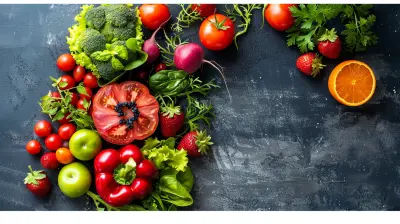The Best Herbal Remedies for Digestive Health
27 August 2025
Let’s talk about something we all deal with but don’t always want to admit—our digestive health. You know, that bloated, gassy, uncomfortable feeling that sometimes takes over after a big meal or an overly processed snack? Yeah… we've all been there.
But here’s the good news: nature has a way of stepping in and giving our guts a much-needed boost. I’m talking about herbal remedies. From calming teas to potent little roots, there’s a whole world of plant-based goodness waiting to bring balance back to your belly.
So grab a comfy seat and a warm drink. We’re diving into the best herbal remedies for digestive health you can start using today to feel lighter, healthier, and more at ease from the inside out.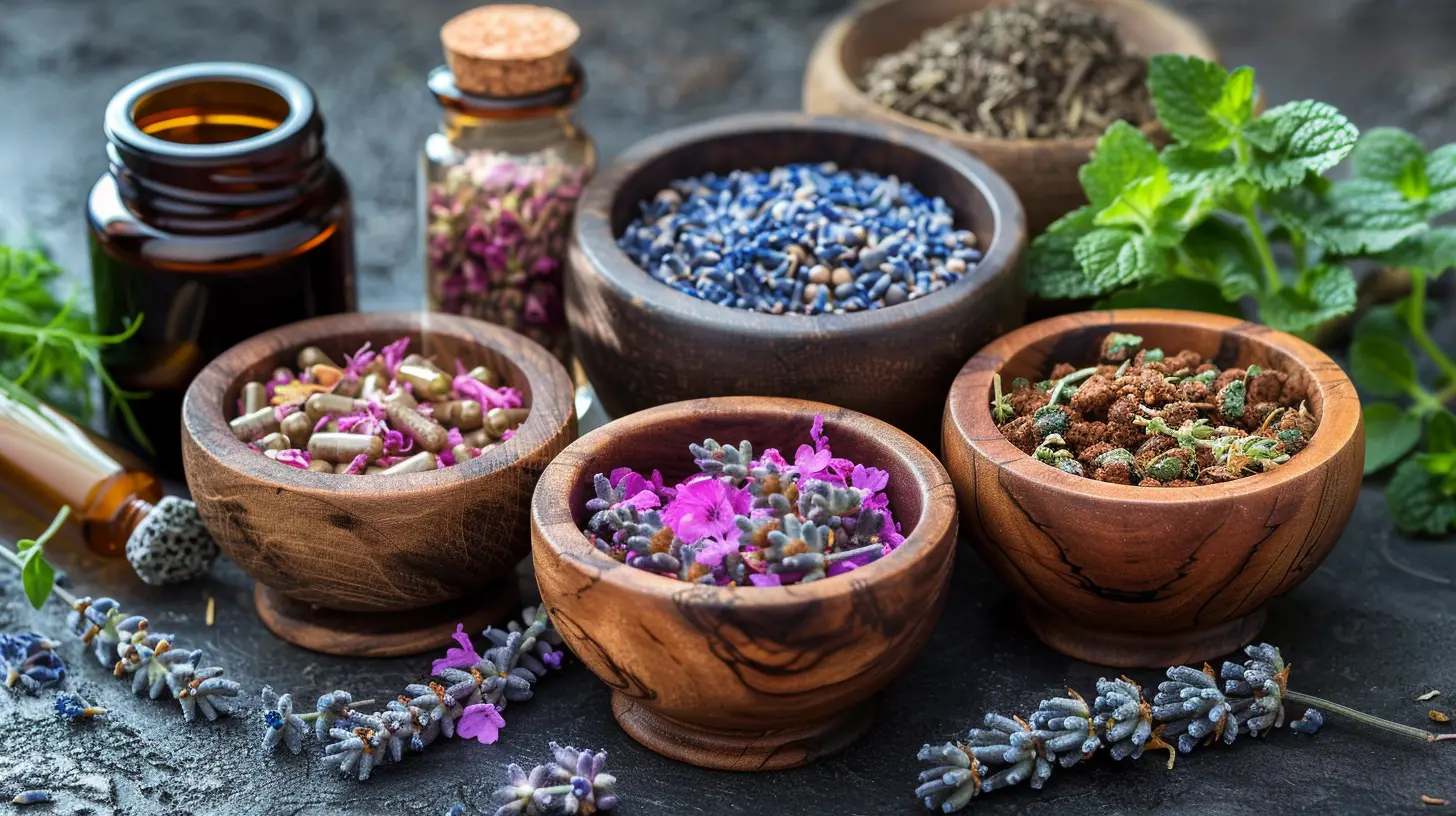
Why Does Digestive Health Matter So Much?
Before we start listing herbs, let’s quickly chat about why gut health gets so much hype.Your digestive system isn’t just about breaking down food. It’s your fuel station, your immune defense line, and yes—even your second brain (thanks to that gut-brain connection we keep hearing about). If your digestion is off, everything else can follow: mood swings, fatigue, nutrient deficiencies, and skin issues, just to name a few.
So when your gut's unhappy, you'll feel it everywhere.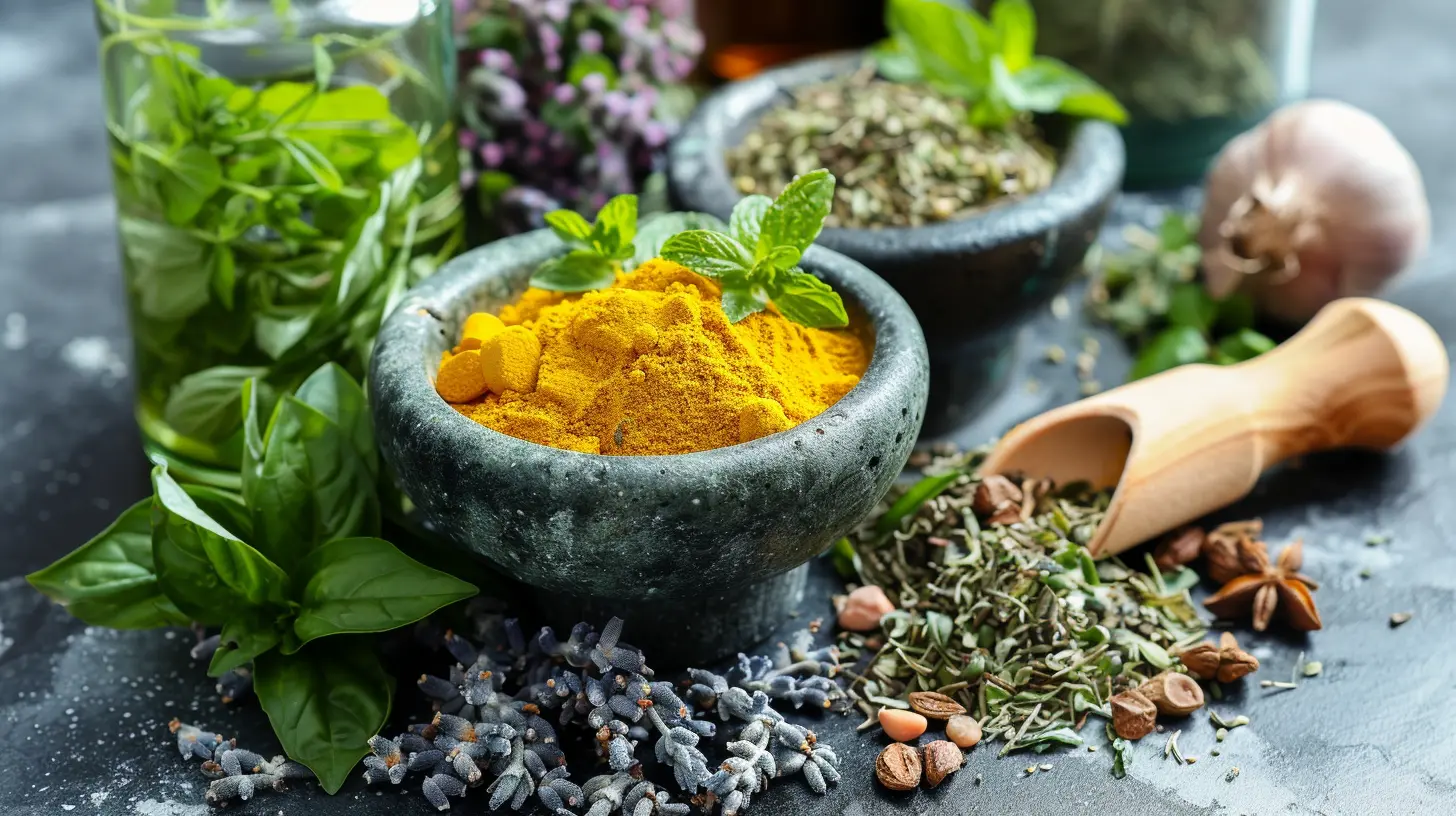
Herbs 101: How Herbal Remedies Support Digestion
Now, you might be wondering, “How can herbs help?” Great question.Think of herbs as gentle coaches for your digestive tract. They don’t bulldoze their way through like some medications. Instead, they work alongside your body—stimulating digestive enzymes, calming inflammation, soothing muscles, fighting off bad bacteria, and even encouraging your body to absorb nutrients better.
That said, not all herbs are created equal. Some are better for soothing, others for stimulating. Let’s break down the best of the best.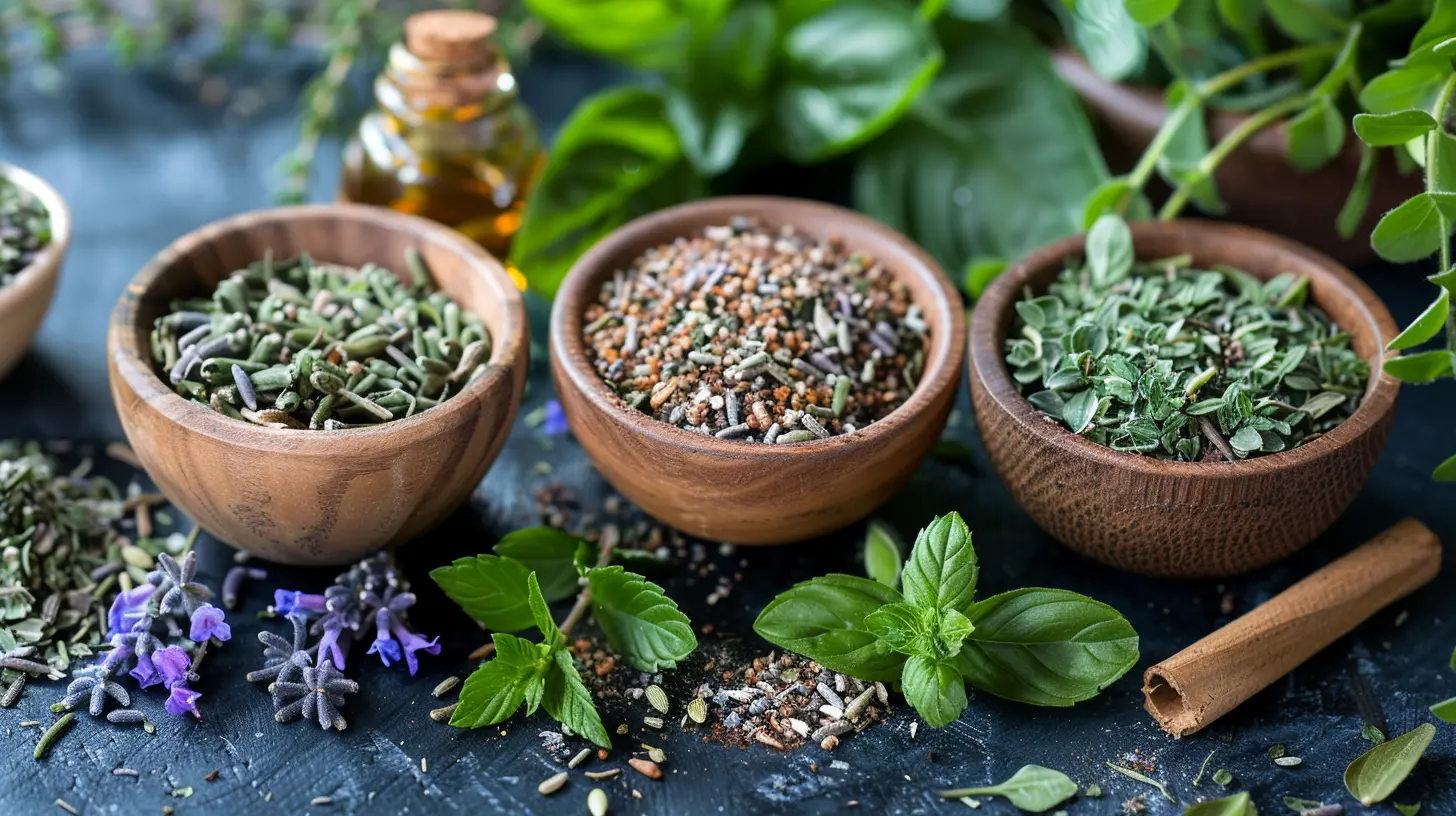
1. Ginger – The Go-To for Almost Everything
You knew this one was coming, right?Why It Works:
Ginger is a powerhouse. It’s anti-inflammatory, anti-nausea, and a natural stimulator of saliva and bile—both of which help break down food more efficiently. It literally gets your gut moving.Best For:
- Bloating- Indigestion
- Nausea
- Gas
How To Use It:
- Brew it as tea (fresh ginger root works best)- Add grated ginger to meals
- Take ginger capsules or chew ginger candies (especially on-the-go or during travel)
Pro Tip: Drink ginger tea before meals to fire up digestion.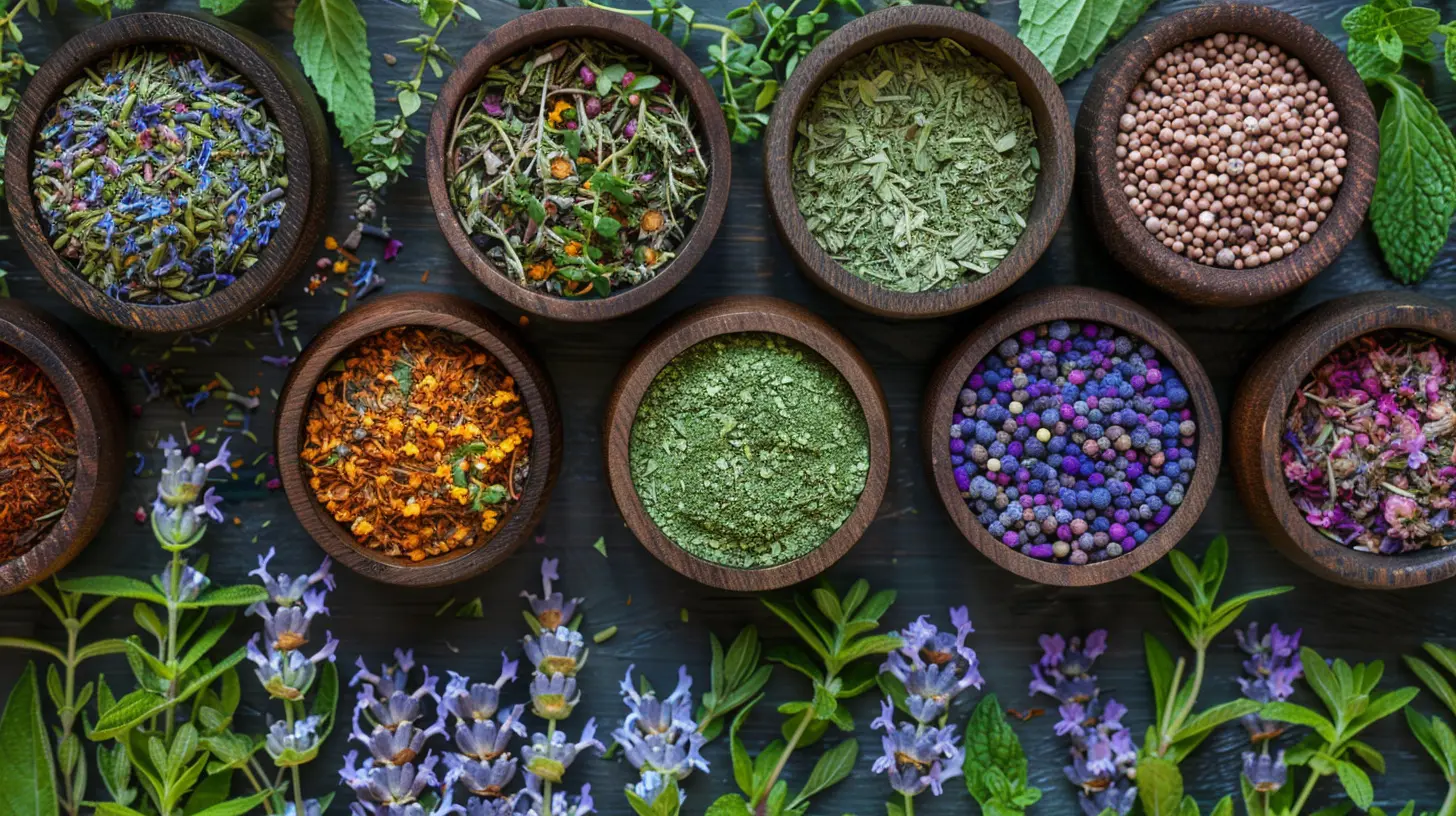
2. Peppermint – Cool Relief For an Angry Gut
Peppermint isn't just for fresh breath. This soothing herb is like a spa treatment for your intestines.Why It Works:
Peppermint contains menthol, which relaxes the muscles of the gastrointestinal tract. This can relieve spasms, reduce bloating, and ease discomfort, especially in cases of IBS (Irritable Bowel Syndrome).Best For:
- Cramping- IBS symptoms
- Gas
- Post-meal bloating
How To Use It:
- Sip peppermint tea after meals- Try enteric-coated peppermint oil capsules (these release in the intestines, not the stomach)
- Use peppermint essential oil in a diffuser to help relax your entire body
3. Chamomile – The Gentle Healer
Chamomile isn’t just a sleepy-time tea. It’s a gut-soothing superstar.Why It Works:
Chamomile has both anti-inflammatory and anti-spasmodic properties. It helps calm the muscles of the digestive tract, reduces bloating, and can soothe heartburn or mild acid reflux.Best For:
- Acid reflux- Cramps
- Stress-related digestive issues
- Upset stomach
How To Use It:
- Brew a cup of chamomile tea before bed- Make a stronger infusion for digestive upset (steep longer for 15-20 minutes)
- Add a splash of honey and lemon for bonus benefits
4. Fennel – The Bloating Buster
Fennel seeds are seriously underrated. Chewing on them after meals is an age-old trick in many cultures—and it works like a charm.Why It Works:
Fennel relaxes the GI tract and helps expel trapped gas. It also promotes the secretion of digestive juices, which speeds up the digestion process.Best For:
- Bloating- Gas
- Indigestion
- Constipation
How To Use It:
- Chew ½ teaspoon of fennel seeds after meals- Brew fennel seed tea
- Add fennel bulbs to salads and stir-fries
Bonus: Fennel also freshens your breath!
5. Licorice Root – The Gut’s Protective Shield
No, not the candy. Real licorice root is a whole different ball game.Why It Works:
Licorice root, particularly in its DGL (deglycyrrhizinated licorice) form, can help heal the gut lining and reduce inflammation. It’s often used for ulcers, acid reflux, and leaky gut.Best For:
- Ulcers- Heartburn
- Inflammation
- Leaky gut
How To Use It:
- Take DGL tablets about 20 minutes before meals- Avoid long-term use without medical advice (especially the non-DGL kind, which can affect blood pressure)
6. Slippery Elm – The Gut Coater
Sounds weird, right? But slippery elm is like aloe vera for your insides. It coats and protects irritated tissues.Why It Works:
When mixed with water, slippery elm becomes a slick, mucilage substance that coats the lining of the stomach and intestines, offering relief for ulcers or IBS flare-ups.Best For:
- Ulcers- Acid reflux
- IBS
- Diarrhea and constipation
How To Use It:
- Mix slippery elm powder with water or warm tea- Take capsules before meals if you don’t like the texture
7. Dandelion – The Liver’s Best Friend
Yep, that fuzzy yellow weed in your backyard has major digestive benefits.Why It Works:
Dandelion root stimulates your liver to produce bile—a key player in breaking down fats and flushing toxins. It also helps with regular digestion by stimulating appetite and reducing water retention.Best For:
- Sluggish digestion- Detoxing the liver
- Constipation
- Water retention
How To Use It:
- Brew roasted dandelion root tea (tastes a bit like coffee!)- Take dandelion root tincture
- Add dandelion greens to salads (these are bitter but super effective)
8. Turmeric – The Anti-Inflammatory King
Turmeric isn’t just for curries. This golden spice works wonders on inflammation, which makes it a solid choice for long-term gut health.Why It Works:
Curcumin, the active compound in turmeric, reduces inflammation and stimulates bile production. It can also calm an irritated gut and prevent flare-ups from chronic digestive conditions.Best For:
- Inflammatory bowel diseases (Crohn’s, ulcerative colitis)- Bloating
- Gas
- Leaky gut
How To Use It:
- Add turmeric powder to meals (with a pinch of black pepper for better absorption)- Drink turmeric tea (aka golden milk)
- Take curcumin supplements with meals
9. Holy Basil (Tulsi) – The Stress-Busting Herb
If your digestion goes haywire when you’re stressed, holy basil might be the herb you’re missing.Why It Works:
Holy basil is an adaptogen, meaning it helps your body adapt to stress. It also has antibacterial properties and can improve gut flora, making it a great all-rounder for digestive support.Best For:
- Stress-related digestive issues- Bloating
- Gut inflammation
How To Use It:
- Sip tulsi tea during the day- Add tulsi drops or tincture to water
- Combine it with other calming herbs like chamomile or lavender
Tips to Make Herbal Remedies Work Better
Before you stock your pantry with every herb on this list, here are a few things to keep in mind:1. Start Small
Try one herb at a time. See how your body reacts.2. Consistency Matters
Herbal remedies often work best when used regularly over time.3. Quality Counts
Buy organic, high-quality herbs whenever possible. Cheap fillers can cancel out the benefits.4. Watch For Interactions
Some herbs can interact with medications. Always check with your healthcare provider if you’re on prescriptions.5. Listen To Your Gut (Literally)
Not every herb works for everyone. Tune in to what your body is telling you.The Bottom Line
Digestive issues might be common—but that doesn’t mean you have to suffer through them. Whether you're dealing with occasional bloating or a chronic issue like IBS, these herbal allies can offer real relief.Mother Nature really did think of everything. And the best part? You don’t need a pharmacy to find these remedies—you just need a teacup, a little time, and a trust in the healing power of plants.
So the next time your stomach throws a tantrum, skip the chalky antacids and reach for your herbal toolkit instead. Your gut—and your taste buds—will thank you.
all images in this post were generated using AI tools
Category:
Bowel HealthAuthor:

Sophia Wyatt
Discussion
rate this article
1 comments
Kestrel Harmon
Herbs: nature's way of saying, 'Let's spice up your gut's gig!' 🌿😂
September 4, 2025 at 2:23 AM

Sophia Wyatt
Absolutely! Herbs are fantastic allies for digestive health—let's explore their benefits together! 🌱✨

